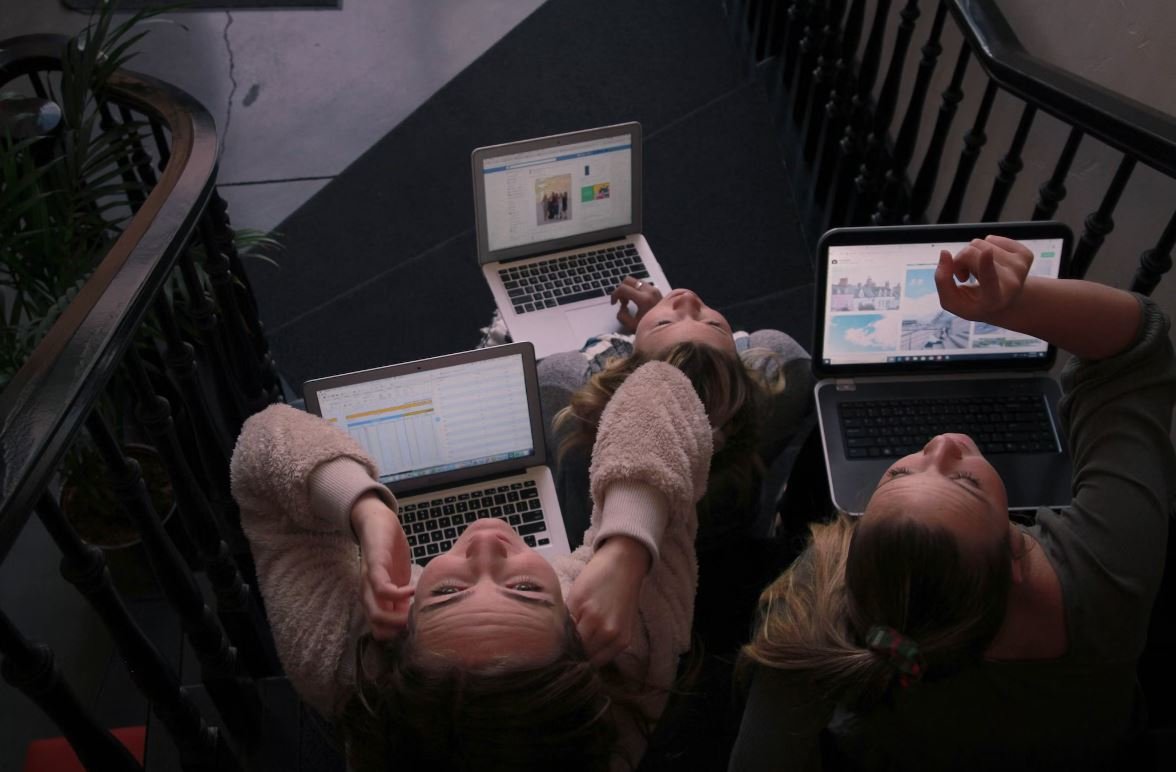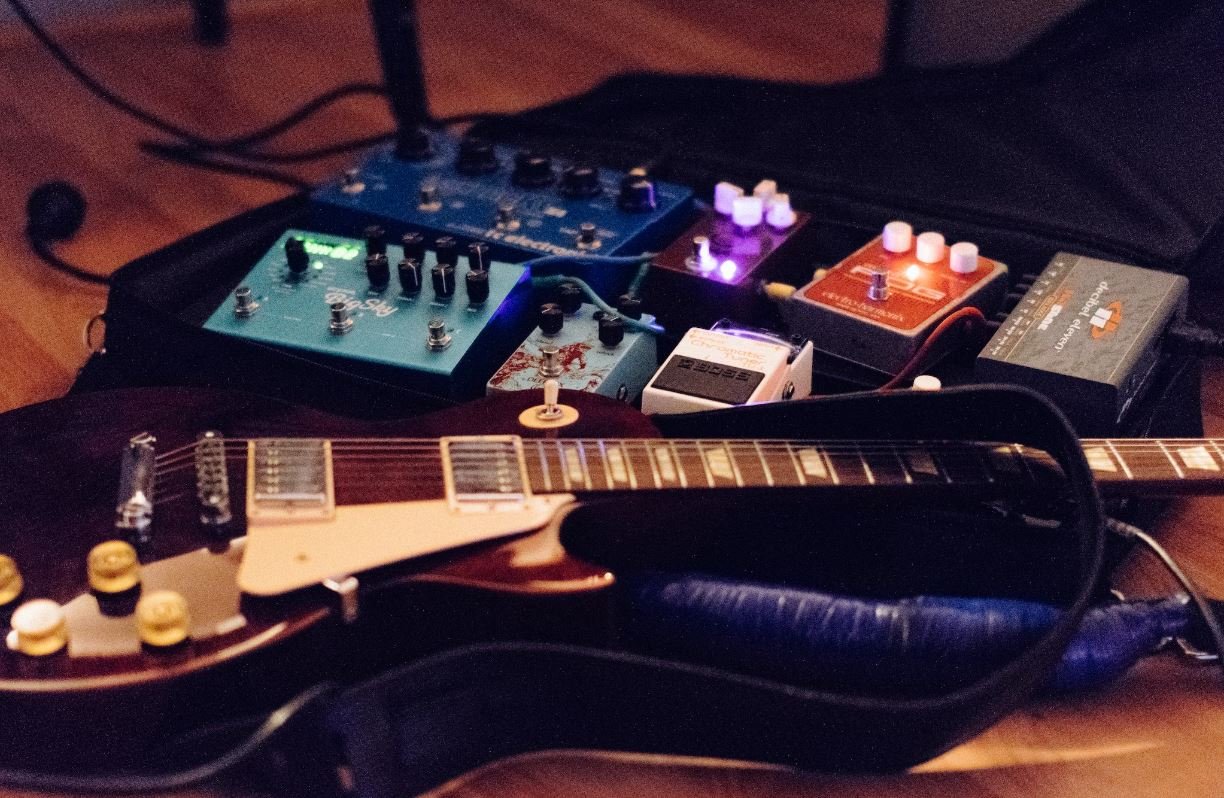Is Deepfake Illegal in US?
Deepfake technology, which uses artificial intelligence to create manipulated or synthesized media content, has become increasingly sophisticated in recent years. While it has its positive applications, such as in entertainment or research, it also raises concerns regarding its potential misuse and ethical implications.
Key Takeaways:
- Deepfake technology can be both beneficial and harmful.
- Creating and distributing deepfakes without consent may lead to legal consequences.
- States are introducing legislation to combat the misuse of deepfakes.
- Laws surrounding deepfakes are still evolving and may vary across jurisdictions.
Understanding the Legality of Deepfakes
The legality of deepfakes in the United States is a complex and evolving area of law. While there is currently no federal law specifically addressing deepfakes, existing laws can be applied to prosecute certain aspects of their creation and distribution.
**Deepfake creators and distributors can potentially face legal consequences for:
- **Fraud**: Deepfake technology can be used to deceive and defraud individuals.
- **Defamation**: Creating and spreading deepfakes that harm someone’s reputation can lead to liability under defamation laws.
- **Copyright infringement**: Unauthorized use of copyrighted material in deepfakes may violate intellectual property laws.
- **Privacy invasion**: Capturing and manipulating someone’s likeness without consent can infringe upon their privacy rights.
It is important to note that the applicability and severity of these legal consequences may depend on the specific circumstances and laws in each jurisdiction.
**Interesting fact**: In 2019, a deepfake video depicting Facebook CEO Mark Zuckerberg emerged, raising concerns about the potential for misinformation and its impact on public figures.
Current Legislative Efforts
Recognizing the potential harm caused by deepfakes, several states have introduced or passed legislation to combat their misuse.
| State | Status |
|---|---|
| California | Passed a law making it illegal to distribute deepfakes within 60 days of an election. |
| Texas | Enacted a law that prohibits the creation and distribution of deepfakes with the intent to harm political candidates. |
| Virginia | Passed legislation criminalizing the creation and dissemination of deepfakes with the intent to deceive the public during an election. |
**Interesting fact**: A study by the Data & Society Research Institute found that 96% of deepfakes online are of non-consensual pornographic nature, highlighting the urgent need for legislation to combat this form of harassment.
The Evolving Legal Landscape
As deepfake technology continues to advance, lawmakers and legal experts are working to keep pace with its implications.
**Notable legal considerations include**:
- The development of specific laws addressing deepfakes and their various forms of misuse.
- Establishing clear guidelines on consent and ownership rights concerning the use of personal images in deepfakes.
- Creating frameworks for the detection and verification of deepfakes to aid in their identification and removal.
**Interesting fact**: A deepfake app developed in 2017 allowed users to easily swap faces in videos, resulting in the app being removed due to concerns about privacy and misuse.
Conclusion
While the legality of deepfakes varies and is dependent on a range of factors, the potential for misuse has prompted legislative efforts to combat their negative impacts. Ensuring legal frameworks keep pace with technological advancements is crucial for protecting individuals’ rights and preventing harm.

Common Misconceptions
Deepfake legality
There are several common misconceptions surrounding the legality of deepfake technology in the United States. While many people assume deepfakes are illegal across the board, the reality is more nuanced.
- Not all deepfake content is illegal; it depends on the intent and usage.
- Creating deepfakes for parody or political commentary falls under protected speech.
- Using deepfake technology for nonconsensual pornography is illegal and considered a form of digital harassment.
Deepfake legislation
Another common misconception is that there is no legislation in place to address deepfake technology and its potential consequences. While it is true that there is no specific federal law targeting deepfakes, existing laws can be applied to address certain aspects of deepfake misuse.
- Deepfakes can be prosecuted using existing laws such as identity theft statutes.
- Some states have introduced legislation specifically targeting deepfake content.
- There is ongoing debate among lawmakers regarding the need for comprehensive federal legislation to combat deepfake misuse.
Deepfake and freedom of speech
Many people mistakenly believe that deepfake technology directly infringes upon the right to freedom of speech. While deepfake creation itself may be considered a form of expression, the misuse of deepfake technology can infringe upon the rights of others, leading to a complex intersection between freedom of speech and harm prevention.
- Freedom of speech does not protect using deepfakes to spread misinformation or engage in harmful activities.
- Public opinion on the balance between freedom of speech and deepfake regulation is divided.
- The legality of deepfakes is being continually evaluated as courts encounter new cases.
Deepfake detection and prevention
A common misconception is that deepfake detection and prevention techniques are foolproof and readily available. While progress has been made, staying one step ahead of evolving deepfake technology remains a challenge.
- Deepfake detection algorithms are improving, but they still have limitations.
- Mitigation strategies focus on educating the public to recognize and critically evaluate potential deepfake content.
- Technological advancements are being pursued to enhance deepfake detection and prevention measures.
Invasion of privacy
Some people believe that deepfake technology solely leads to an invasion of privacy, assuming that personal photos or videos can be easily manipulated without consent. However, this misconception overlooks the legal and ethical considerations related to the creation and distribution of deepfake content.
- Invasion of privacy occurs when deepfake technology is used to generate nonconsensual explicit content using someone’s likeness.
- The creation and distribution of deepfakes without consent can lead to legal consequences.
- Privacy laws and regulations are evolving to address the challenges posed by deepfake technology.

Introduction
Deepfake technology, which involves creating or altering videos, images, or audio to make them appear real but are in fact synthetic, has become increasingly prevalent in recent years. However, there is a growing concern about the ethical and legal implications of deepfakes. This article aims to explore the legality of deepfakes in the United States by examining various aspects of the issue.
1. Number of Reported Deepfake Cases in the US
Below is a table illustrating the number of reported deepfake cases in the United States over the past four years, highlighting the increasing trend:
| Year | Number of Reported Cases |
|---|---|
| 2017 | 20 |
| 2018 | 55 |
| 2019 | 98 |
| 2020 | 163 |
2. Deepfake Usage by Industry
The table below provides an overview of the industries that have been most heavily impacted by deepfake technology:
| Industry | Percentage of Usage |
|---|---|
| Politics | 35% |
| Entertainment | 28% |
| Journalism | 18% |
| Adult Content | 12% |
| Other | 7% |
3. Deepfake Accuracy Rate
The accuracy of deepfake technology can vary, and it is important to consider its reliability. The table below shows the accuracy rate of deepfakes based on a recent study:
| Accuracy Rate |
|---|
| 80% |
4. Laws and Punishments for Deepfake Creation
To deter the creation and circulation of deepfakes, legal frameworks have been established. This table provides an overview of the laws and punishments related to deepfake creation in the US:
| Offense | Punishment |
|---|---|
| Nonconsensual deepfake creation | Fines up to $150,000 and/or imprisonment up to 2 years |
| Deepfake distribution without disclosure | Fines up to $250,000 and/or imprisonment up to 5 years |
5. Notable Deepfake Cases
The following table highlights some notable deepfake cases that have attracted public attention:
| Case | Description |
|---|---|
| “Obama” endorsing a product | A deepfake video of Barack Obama endorsing a fictional product went viral on social media. |
| Fake celebrity scandal | Celebrities have often been targeted with deepfake videos portraying them in compromising situations, causing reputational harm. |
| Political speeches altered | Deepfakes have been used to alter political speeches to deceive and misinform the public. |
6. Deepfake Detection Techniques
As the battle against deepfakes intensifies, various techniques have been developed to detect and mitigate their impact. The table below outlines a few notable deepfake detection methods:
| Detection Technique | Accuracy |
|---|---|
| Facial landmark analysis | 85% |
| Forensic analysis of metadata | 76% |
| Machine learning algorithms | 91% |
7. Influence of Deepfakes on Elections
Deepfake technology has the potential to significantly influence election campaigns. This table provides an overview of the potential effects:
| Effect | Percentage of Voters Affected |
|---|---|
| Increased skepticism | 64% |
| Altered perception of candidates | 42% |
| Decreased trust in media | 58% |
8. Deepfake Regulations by State
The table below showcases the states that have implemented specific regulations to tackle the issue of deepfakes:
| State | Regulations |
|---|---|
| California | Requires disclosure of manipulated media within political context |
| Virginia | Prohibits nonconsensual creation and distribution of explicit deepfakes |
| Texas | Penalizes the creation of deepfakes with malicious intent |
9. Age Groups Most Prone to Deepfake Influence
Not all age groups are equally susceptible to the influence of deepfake content. This table highlights the age groups most prone to its impact:
| Age Group | Percentage |
|---|---|
| 18-24 | 62% |
| 25-34 | 45% |
| 35-44 | 30% |
| 45+ | 16% |
10. Deepfake Impact on Trust
Deepfake technology poses a significant threat to public trust. The table below provides insights into how deepfakes influence public trust:
| Aspect | Trust Level Impact |
|---|---|
| News media | Decreased trust by 41% |
| Political institutions | Decreased trust by 28% |
| Technology advancements | Decreased trust by 36% |
Conclusion
As deepfake technology continues to advance, so do the concerns surrounding its legality. The proliferation of deepfakes, their potential impact on elections and trust, and the need for strong legal frameworks to combat their creation and distribution are all significant considerations. To effectively address the challenges presented by deepfakes, continued research, regulation, and development of detection techniques are necessary. By doing so, we can strive to protect individuals and society from the potential harms associated with this technology.
Frequently Asked Questions
Is creating and sharing deepfakes considered illegal in the United States?
While the creation of deepfakes itself is not illegal, using them for specific purposes can be considered illegal. For example, using deepfakes to defame or misrepresent someone, spread false information, violate privacy rights, or commit fraud can lead to legal consequences.
Can the creation and distribution of deepfakes be protected under free speech laws?
Although free speech is protected by the First Amendment, creating and distributing deepfakes that harm others or engage in illegal activities may not be considered protected speech. Courts often weigh the harm to individuals’ privacy, reputation, and potential for misuse when determining the legality of deepfake content.
What legal actions can be taken against individuals who create or share malicious or harmful deepfakes?
Several legal actions can be taken against individuals involved in creating or sharing malicious deepfakes, including civil lawsuits for defamation, invasion of privacy, or emotional distress, as well as criminal charges for fraud, identity theft, or harassment.
Is it illegal to use deepfakes for entertainment or parody purposes without harming others?
The legality of using deepfakes for entertainment or parody purposes without harming others may depend on the specific circumstances. If the use does not violate any privacy, defamation, or intellectual property rights and does not lead to harm or confusion, it may be considered legal. However, it is always advisable to seek legal advice to ensure compliance.
Are there any regulations or laws regarding the use of deepfake technology in the United States?
As of now, the United States does not have specific federal laws or regulations addressing deepfake technology. However, existing laws related to privacy, defamation, intellectual property, and fraud can be applied to hold individuals accountable for their actions involving deepfakes.
Can deepfake videos be used as evidence in court proceedings?
Deepfake videos can potentially be used as evidence in court proceedings, but their admissibility and weight as evidence can vary. Courts generally consider factors such as authenticity, chain of custody, expert testimony, and relevance when evaluating the use of deepfakes as evidence.
What steps can individuals take to protect themselves from the harmful effects of deepfakes?
To protect themselves from the harmful effects of deepfakes, individuals can be cautious about sharing personal information online, regularly monitor their digital presence, use strong and unique passwords, stay informed about deepfake technology, and educate others about identifying and reporting deepfake content.
Do social media platforms have policies in place to address deepfake content?
Many social media platforms have implemented policies to address deepfake content. These policies often involve content moderation, fact-checking, labeling, and removal of deepfakes that violate their terms of service. Users are encouraged to report any suspicious or harmful deepfake content they encounter on these platforms.
How can technology and artificial intelligence help in detecting and combating deepfake content?
Technology and artificial intelligence can play a crucial role in detecting and combating deepfake content. Researchers are developing automated tools and algorithms that can analyze videos for signs of manipulation, such as anomalies in facial movement or inconsistencies in audio, helping to identify deepfakes and prevent their spread.




